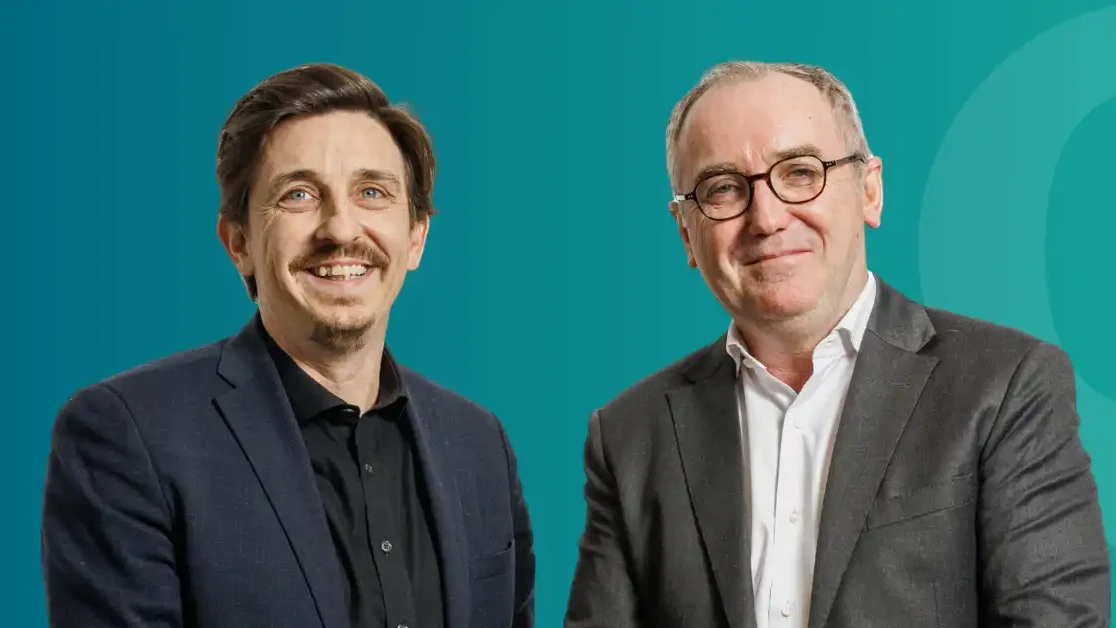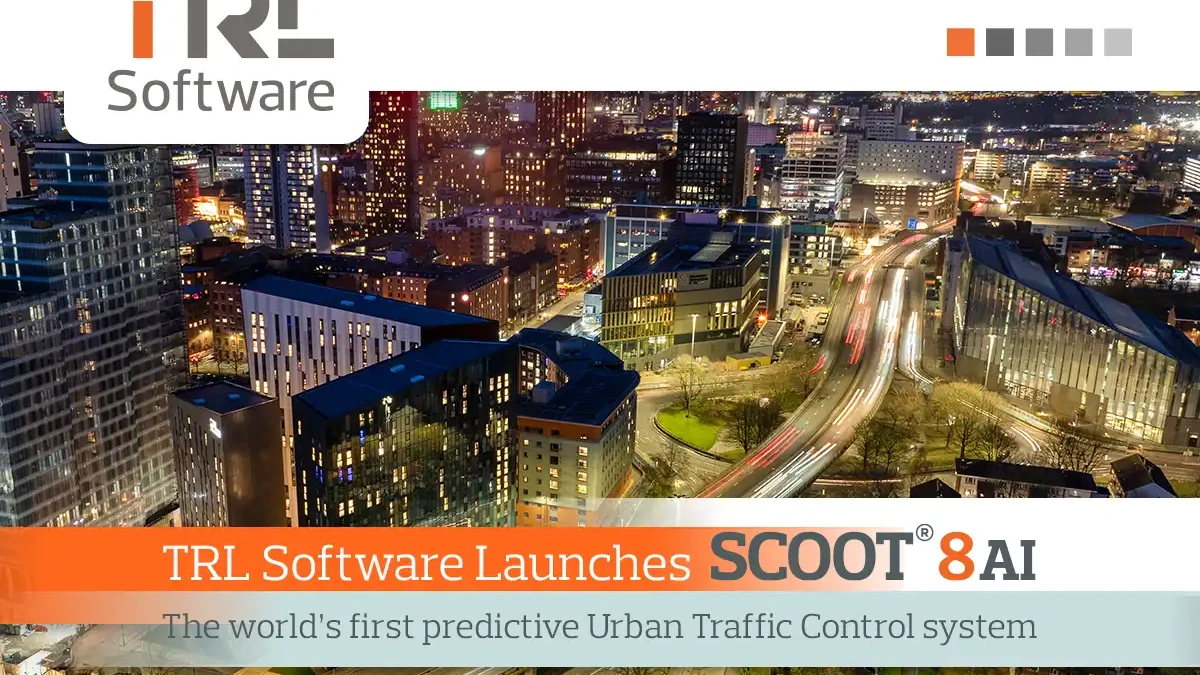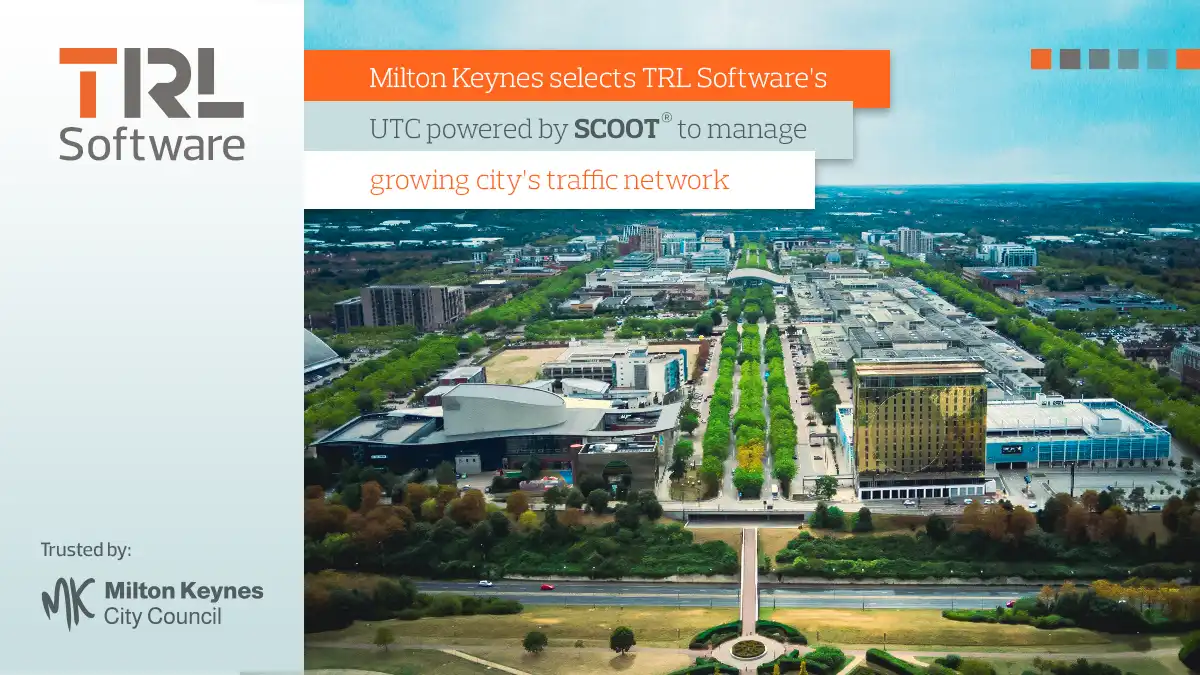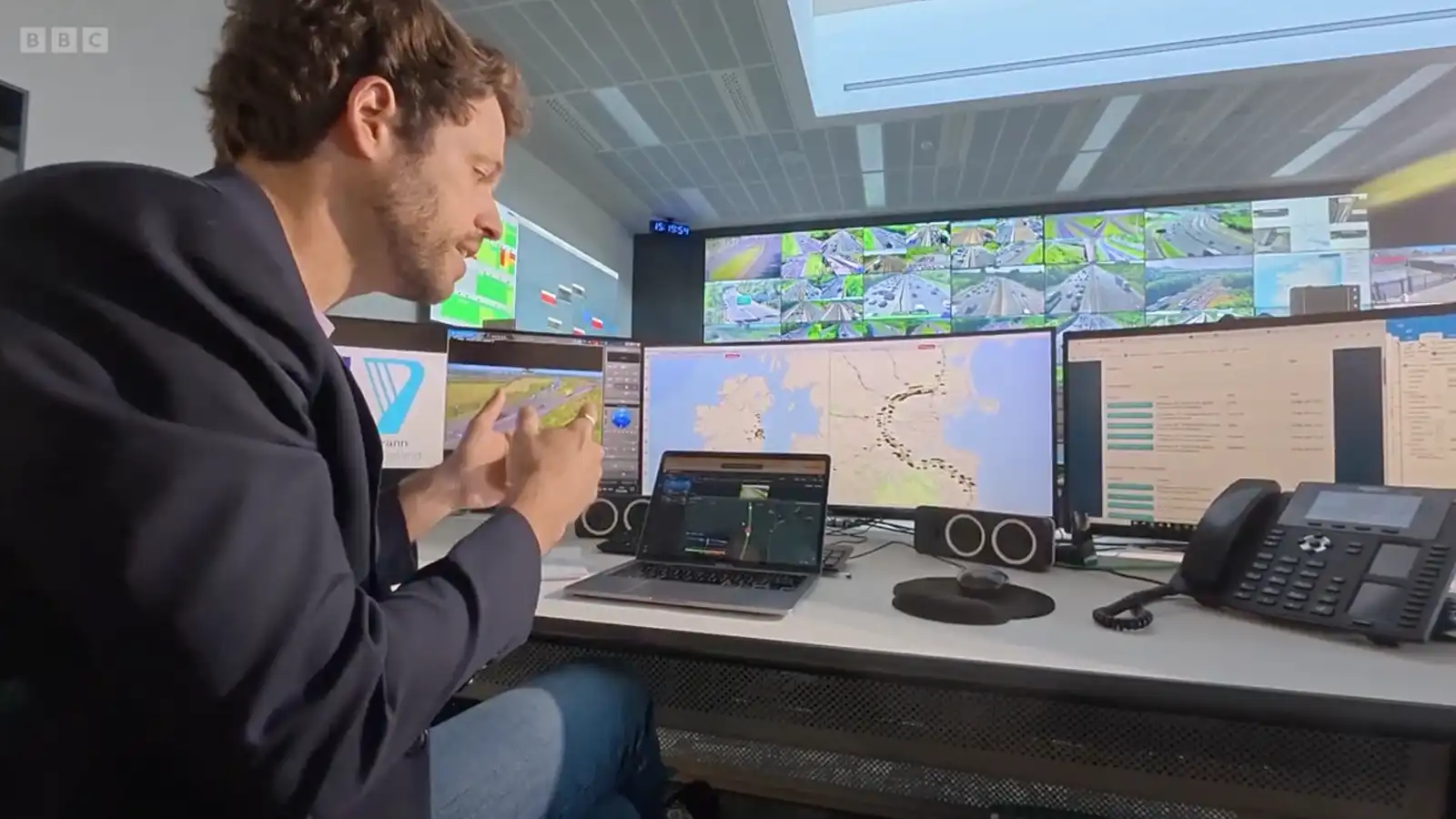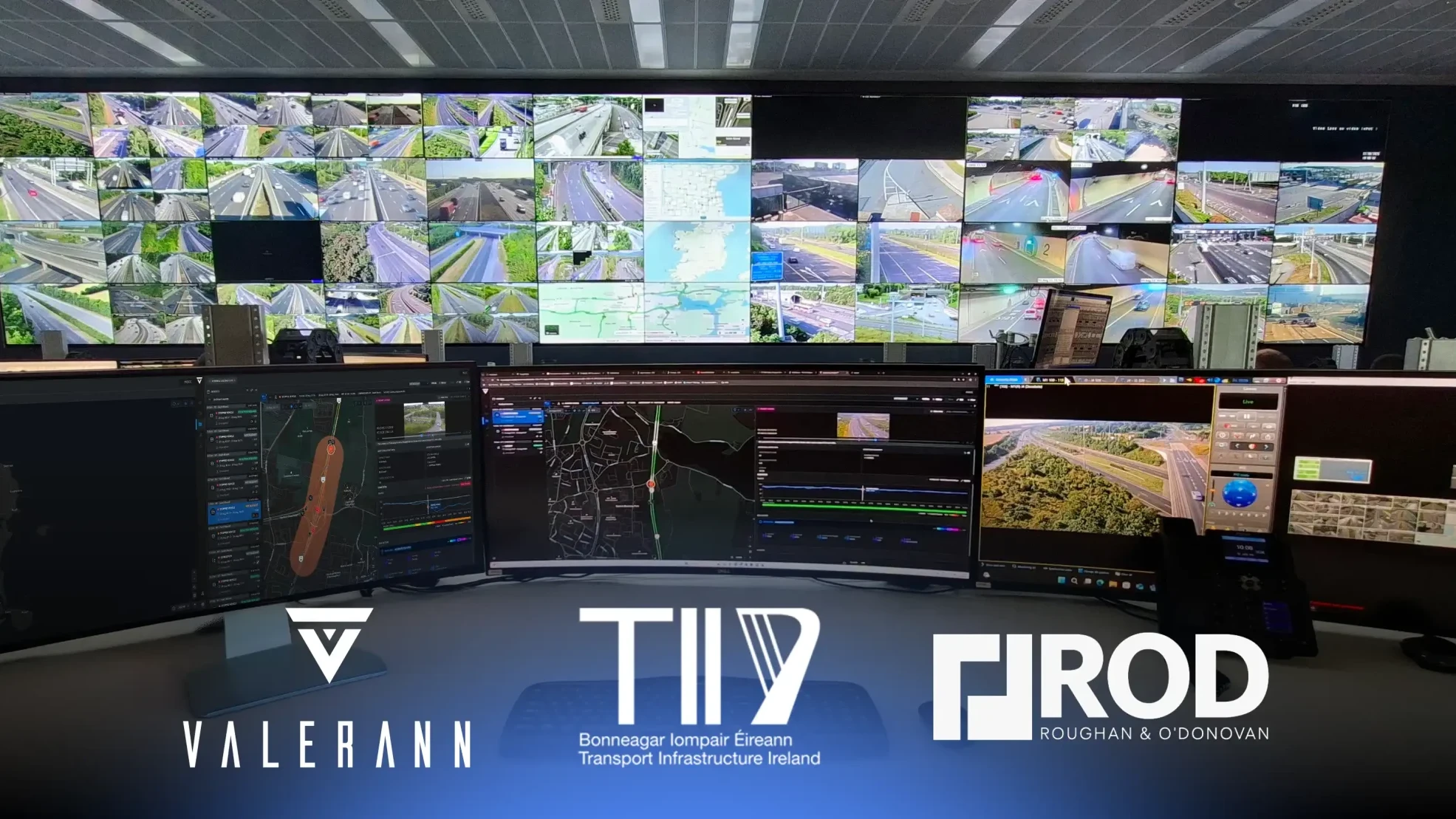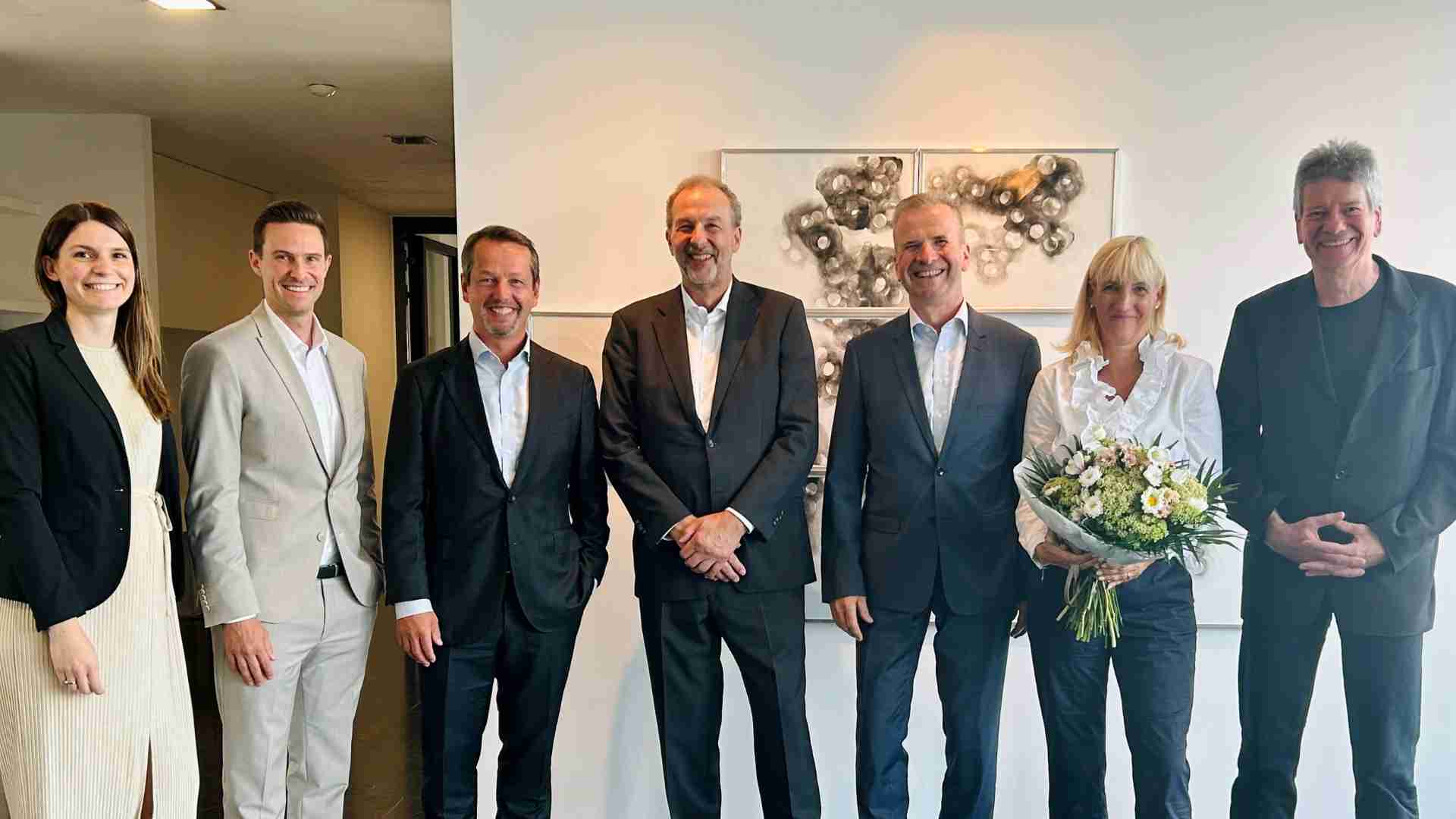TRL launches new guide: Systems Thinking in Transport Safety
TRL has published its latest guide for the Department for Transport (DfT), Systems Thinking in Transport Safety: Cross Modal Safety Change Programme. This landmark study acts as an introductory guide to the application of systems thinking in transport safety, showing how a holistic approach to complex systems can help prevent future accidents and save lives.
The guide asks unconventional but vital questions: what can a shallow spot in a river ten thousand years ago teach us about pedestrian safety today? What do lifts reveal about the safety of roll-on-roll-off ferries? What might Stanley Kubrick tell us about aviation safety, and what does that mean for the future of automated vehicles?
Through engaging case studies and real-world examples, the report demonstrates how systems thinking can be applied across all modes of transport. It explores the intersection between machines, the humans who operate them, and the wider social structures shaping behaviour; highlights the importance of feedback loops and boundaries within systems; examines the delayed effects of interventions; and underlines the need to design robust systems that anticipate human error. The study also considers the challenges posed by automation and the increasingly complex relationship between humans and intelligent machines.
The study examines three major transport disasters, the sinking of the Herald of Free Enterprise, the crash of Air France flight 447, and the Selby rail crash, to illustrate how siloed thinking can have catastrophic consequences, and how systems thinking can instead generate solutions.
Crucially, Systems Thinking in Transport Safety provides practitioners with practical tools and techniques, while emphasising that true systems thinking is more about mindset than methods. By engaging stakeholders and considering cultural, technical, economic, and environmental influences, professionals across disciplines can make safer decisions.
Lead Author Ianto Guy said “Our aim must be for no one to be injured or killed when travelling by any mode. Systems thinking is not just about tools, it’s about adopting a mindset that sees the bigger picture, understands interconnections, and anticipates the unintended consequences of decisions. This guide is designed to help practitioners begin that journey.”
Latest News
- MoU signing between IRF and VRCIC to Advance Cooperative Vehicle-Infrastructure Technologies

- IRF and CHTS Strengthen Collaboration in Advancing Research in Autonomous Vehicles

- Driving Innovation: IRF and CHTS Strengthen Collaboration in Smart Mobility Research

- Hi-Drive Webinar Explores the Technology Enablers for Higher Vehicle Automation

- Introducing the IRF Start-Up 2025 Finalists

- Building Resilient Roads for a Safer and Connected Future

MORE NEWS
October 5, 2025
0 Comments7 Minutes
From intrapreneurial initiative to independent start-up: ORIS Materials Intelligence accelerates its development
ORIS adopts a new shareholding structure around its co-founders, with the entry of a new strategic investor, LIBERSET.
September 24, 2025
0 Comments3 Minutes
TRL Software Launches SCOOT® 8 AI
World's First AI-Powered Predictive Urban Traffic Control Solution
September 18, 2025
0 Comments5 Minutes
Milton Keynes City Council selects TRL Software’s UTC powered by SCOOT®
The TRL Software will be used to manage the growing city’s traffic network
September 18, 2025
0 Comments6 Minutes
BBC Tech Now features Valerann
Valerann discusses features of its Motorway Operations Control Centre with BBC.
September 4, 2025
0 Comments4 Minutes
Valerann Wins 2025 IBTTA Toll Excellence Award
Valerann was awarded for Transforming Incident Detection and Response on Ireland’s Road Network with AI-Powered Data Fusion








